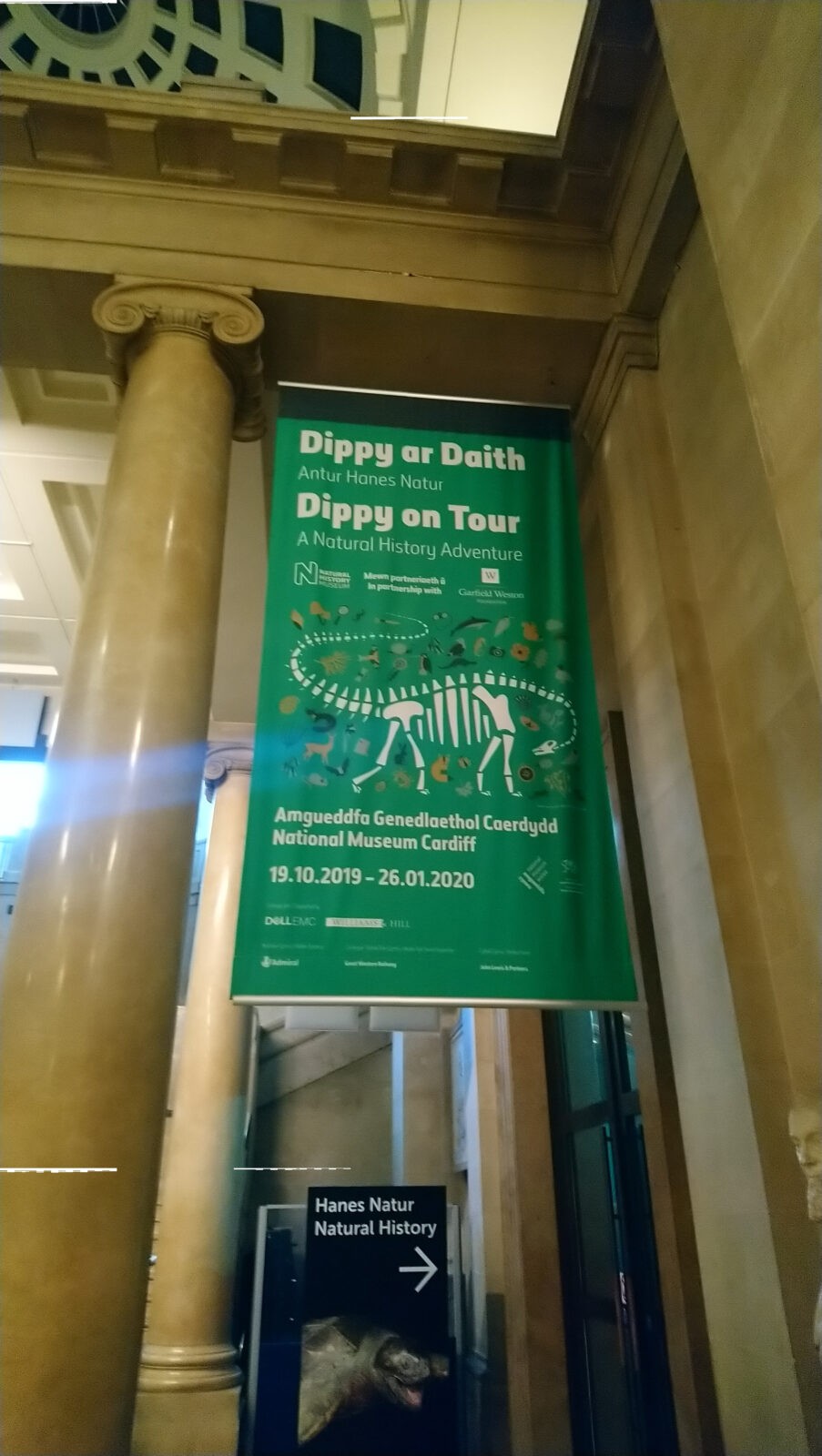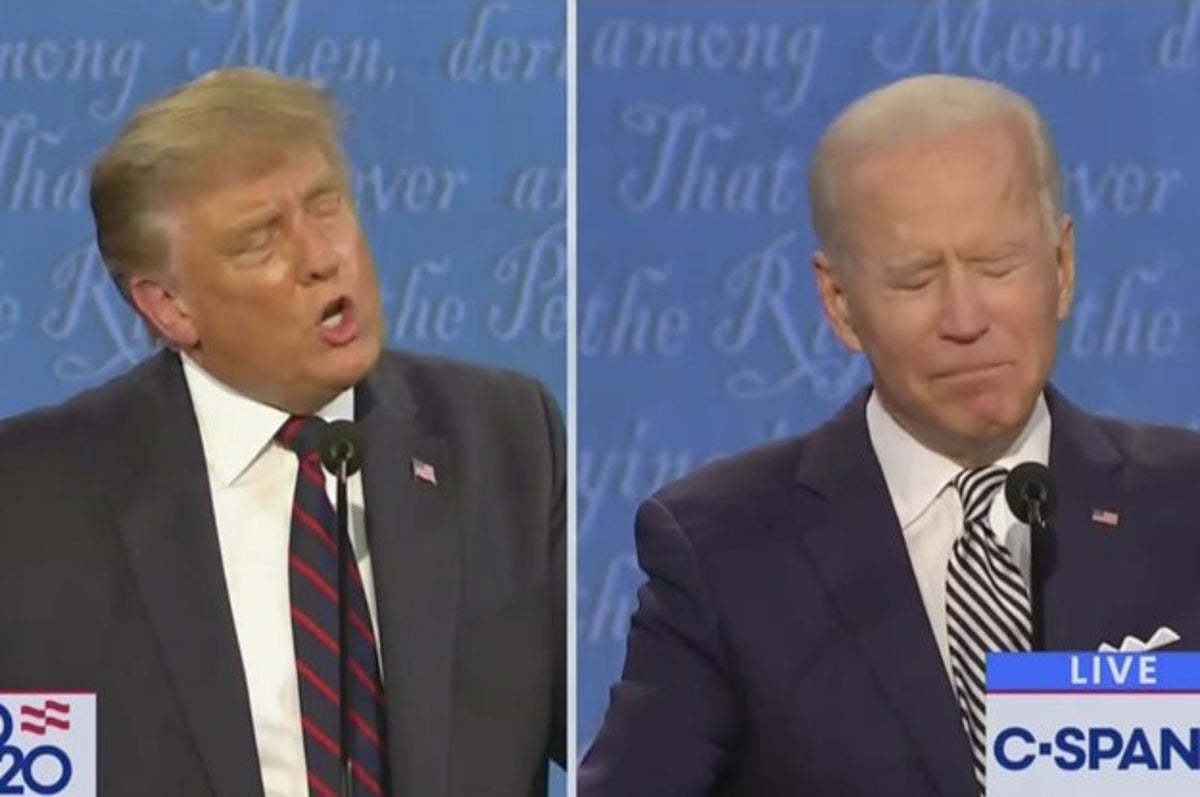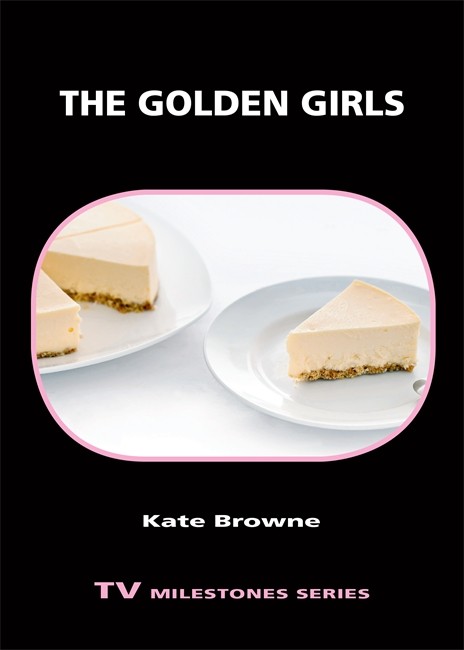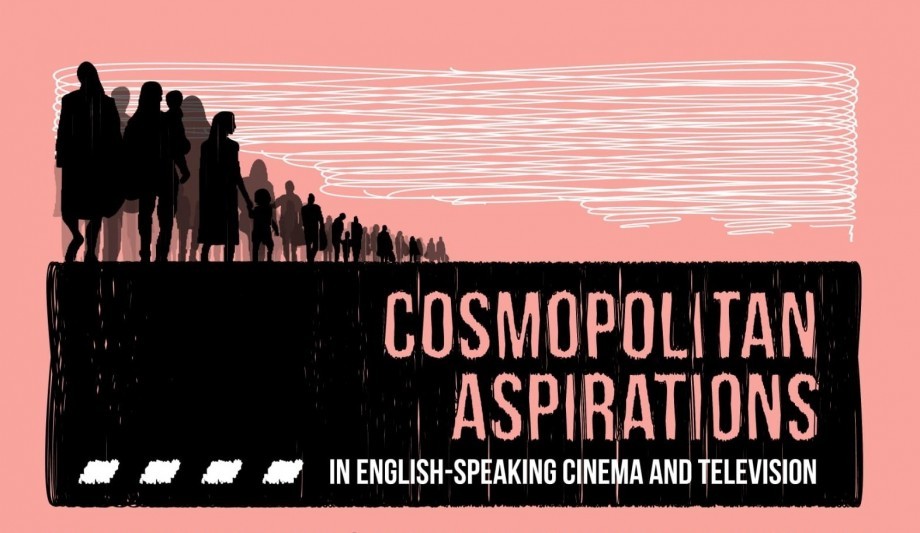
The topic of this blog, which concerns mediations of a particular species of dinosaur across factual television, museum and visitor reception contexts, might seem a little distant from current debates that are taking place within television studies.

The topic of this blog, which concerns mediations of a particular species of dinosaur across factual television, museum and visitor reception contexts, might seem a little distant from current debates that are taking place within television studies.

Editor(s): Rosario Lacalle (Autonomous University of Barcelona). Juan Piñón (New York University) Javier Mateos-Pérez (Complutense University of Madrid) Television fiction constitutes one of the basic pillars of television consumption.

‘Television! Teacher, mother, secret lover.’ — Homer Simpson The ubiquity of television has been written about extensively in both scholarship and popular writing; ever since the first commercial sets began replacing the hearth as the centrepiece of any American living area, television has dominated how we write and think about the United States.

Guest editors: dr. Manuel Menke (University of Copenhagen) & dr. Berber Hagedoorn (University of Groningen) For a special section on Digital Memory and Populism in the International Journal of Communication (IJoC), we invite contributions addressing the use of digital memory by populists, their supporters, and their opponents online.

There used to be a time when the only place to learn how to write for Danish film and television was the National Film School of Denmark (NFSD) that currently accepts six screenwriters for the 4-year programme every second year.

A few months ago, I was holding a book that I was going to review. I noted with a start the sheer pleasure of handling it. Everything – from the cover to the evocative illustrations to the quality of the paper to the clear typeface – was aimed at making this book an aesthetically pleasing experience.

In his book Seeing Things (2000), John Ellis hailed the emergent multi-platform environment of the twenty-first century as the ‘era of plenty’. When I ask my students to define what is meant by ‘plenty’, they invariably reply ‘a lot’. Well, yes – but that lacks one vital nuance. Plenty, I explain to them, means more than we need. Quite possibly, a lot more.

Please submit an abstract of no more than 300 words and a one-paragraph biography to SoundOnScreen2021@gmail.com by the deadline stated above. The inaugural Sound on Screen conference welcomes submissions from scholars that explore the relationship between music and/or sound and the screen.

In New Zealand, where I’m lucky enough to have been stranded due to the pandemic, we’ve become accustomed to 1pm press briefings, where COVID-19 case numbers and any changes to public health measures are announced.

The Superhero Project: 5th Global Meeting Friday 10th to Sunday 12th September 2021 Die Wolfsburg, Mülheim an der Ruhr, Essen, Germany “This should be agony. I should be a mass of aching muscle – broken, spent, unable to move.

Given the uncertainty of the current context, our intention is to hold** a hybrid conference (attendees may deliver their papers online or in person). **If this hybrid model were not possible, we would then switch to a fully-online conference.